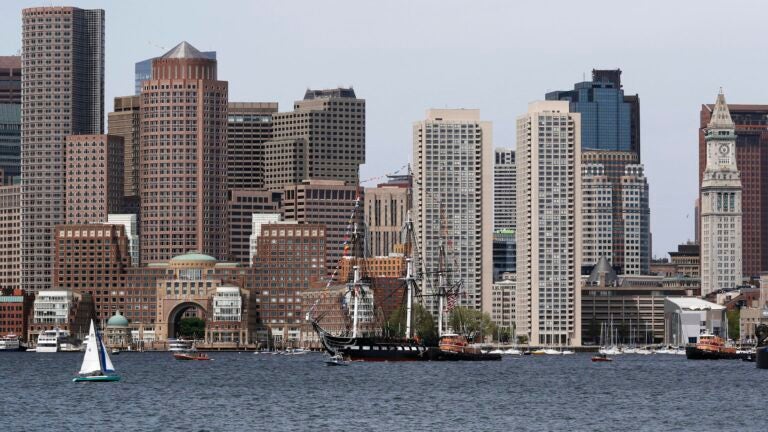odurandina
Senior Member
- Joined
- Dec 1, 2015
- Messages
- 5,328
- Reaction score
- 265
If public transportation displaces the poor and drives up rents then why wasn’t the inner cities of Boston and Cambridge gentrified in the 70’s thru 90’s. Roxbury crossing, Chinatown, Kendal square, porter square, Davis square, maverick station. There was no real interest living in these areas with public transit back then rents were reasonable.
An expansion of Public transportation would seem to have the opposite effect it actually helps with progression for the classes creates a balance for effective transportation for those who choose not to invest in automobiles
Look at how much land BU, TUFTS, MIT, HARVARD, EMERSON, SUFFOLK, BC have accumulated over the last decade? Should I go on?
Where is this abundance of residential land universities have bought up over the past decade?
And how would you explain the explosion in housing prices in cities without such a strong presence of major universities?
I would argue that Greater Boston, being segmented into so many little towns and cities with only a few of them willing to contribute to solving the housing problem, plays a huge role as to why Boston is so unaffordable. Instead of having one government entity enforcing one standardize policy to increase the number of housing, you have a bunch of entities playing a game of who blinks first.
Having just migrated to Los Angeles and currently looking for a studio, I'm astounded by the number of studios below $1,600/mo that constantly advertises remodeled apartment with new stainless steel appliances (microwave, stove, refrigerator) flooring, countertops, etc, some offering to cover utilities while some are offering the first month free. This at a city who's median one bedroom apartment is on par with Boston. In Boston, at $1600/mo, the only results I get are a bunch of outdated studio apartment, still dirty and musty from the previous tenant, and appliances that are at least 10 years old. None of the landlords in Boston had any incentive to update their properties because they know they can charge a high rent without it and the only time I see any rentals being offered with the first month free are those that charge north of $2000/mo.
Had Los Angeles been broken up into several town and cities with housing policies constrained at each city/town boundaries, I bet it would have ended up just like Boston. Beverley Hill residents are already fighting against having public transit run through their neighborhood. Maybe it's high time for a movement start to calling for consolidation of the neighboring towns and cities into Boston.
Also can we all agree that a broker fee is an absolute scam? A full months rent for showing me a few apartments? LA does it right by posting the landlord/housing management phone number on a sign in front of their property so you can skip the middleman and save yourself a whole month's rent.

Joe Kriesberg, president and CEO for the Mass. Association of Community Development Corporations, and his take on how to solve the housing crisis:

Joe Kriesberg: Without 'bold action' on affordable housing, 'today’s problems will worsen'
In 1990, Massachusetts faced declining home values and rising foreclosures as the 1980s Massachusetts Miracle came to a crashing end. By 2000, rapidly rising housing prices, dwindling vacancy rates and a growing affordability gap prompted calls for a significant increase in housing production...www.boston.com
"Housing segregation will persist with dozens of cities and towns in Greater Boston remaining almost exclusively white"
I always looked at Greater Boston and the Suburbs as one of the major cities that has Globalized concerning overall races and religions. There is nothing you can say about people that built a strong foundation on where everybody wants to raise a family based on there values in the past. Housing affordability is not there problem. Low interest rates along with the Universities real estate portfolios took advantage of Boston creating the affordability issue.



Boston tops this list for the highest price per square foot
New York typically claims the “winning” position for the most expensive real estate in the country – until now. Read more on realestate.boston.com.realestate.boston.com
